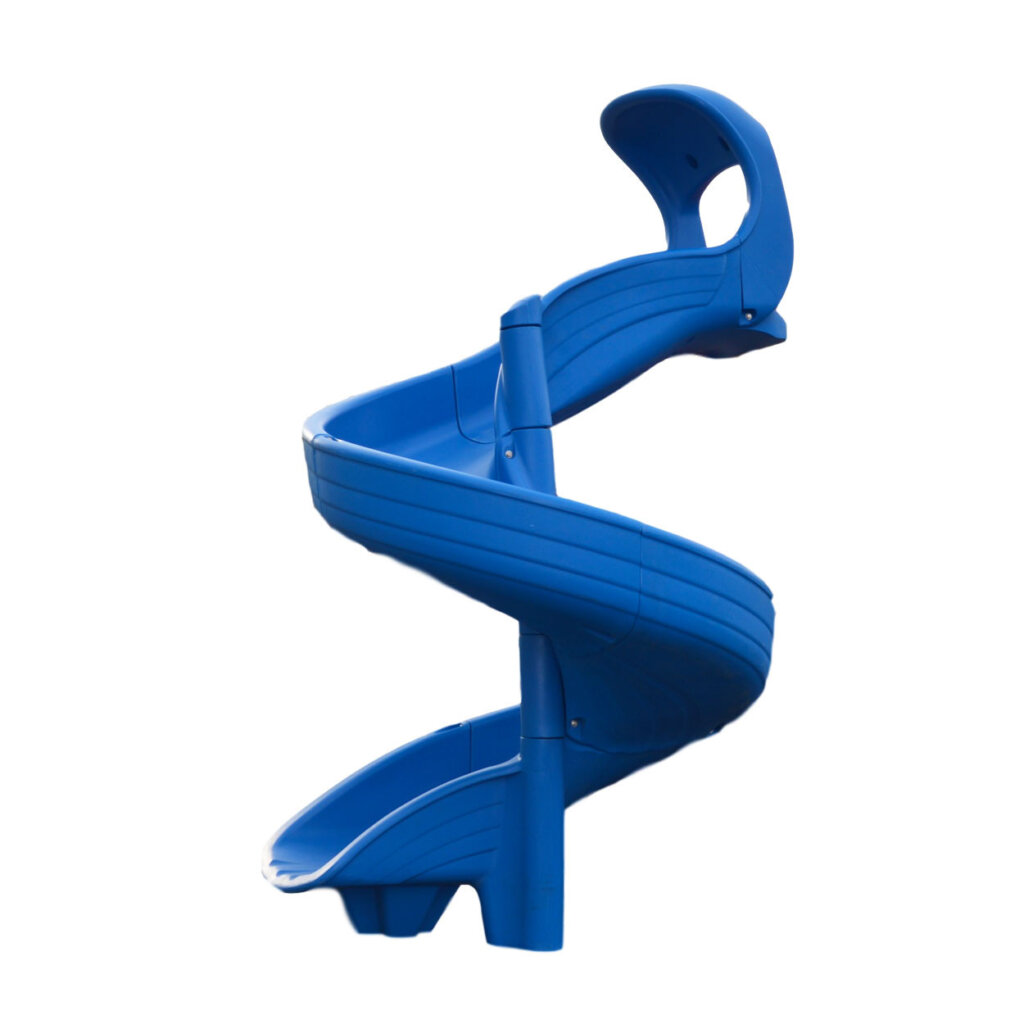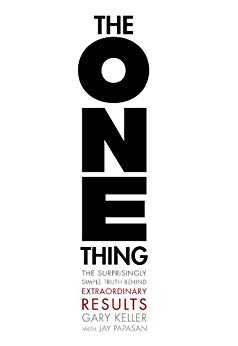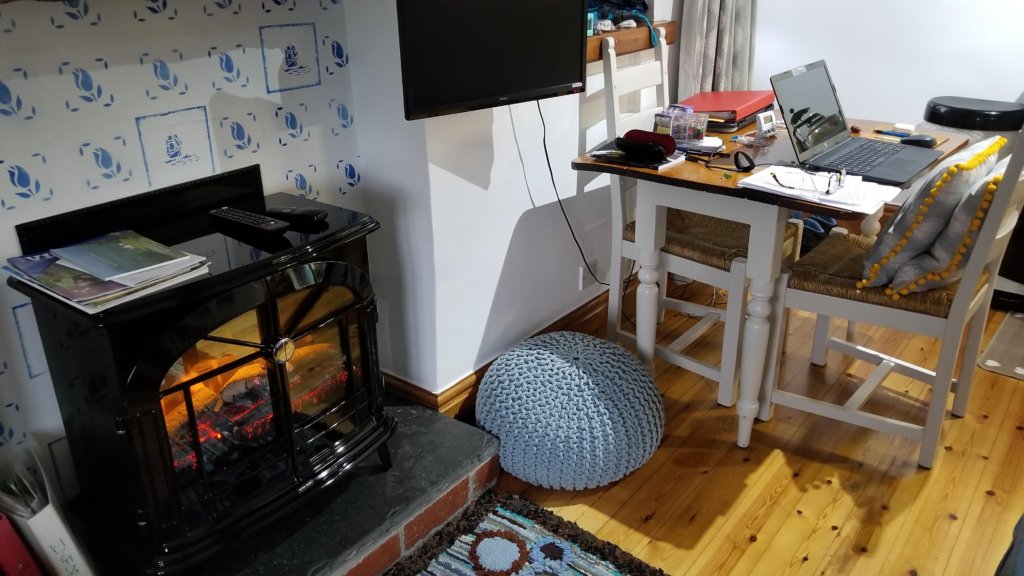 For over a year, I’ve been dealing with three difficult circumstances that impacted everything, causing one downward spiral after another. Since I tend to handle things privately, I disappeared from social media.
For over a year, I’ve been dealing with three difficult circumstances that impacted everything, causing one downward spiral after another. Since I tend to handle things privately, I disappeared from social media.
But last fall, I felt the urge to get back to thriving (if at all possible) instead of simply surviving.
Easy to say, but hard to do!
Self-Examination
I had picked up some escapist survival habits that were more engrained than I first believed. I had great intentions at the beginning of the day; however, failure to follow through happened with regularity (like many times daily). One or two poor choices flipped me into that excuse of “I’ve ruined today, so I’ll start again tomorrow.”
I don’t think I’ve had a perfect day yet where I made good eating choices, writing choices, and relationship choices without fail. And my lightning quick brain finally realized perfection wasn’t EVER going to be possible. Not this side of heaven anyway. But I finally learned something critical that improved every area that needed healing:
Every poor choice is the beginning of a spiral. Like a circular staircase, you can either spiral up or down. You always have two options, and you get to choose.”
Spiral Down Fast
Each day contains at least one poor choice we make. (Often it is several.) A poor choice is one that doesn’t fit your goals. It could be a writing goal, a health goal, a time management goal, or a relationship goal.
A poor choice could be
- scrolling social media during your writing time,
- eating two sugary donuts,
- binge watching TV till midnight, or
- snapping at your child.
 Your first poor choice is your critical choice moment.
Your first poor choice is your critical choice moment.
You can make a poor choice and SPIRAL DOWNWARD FAST. Imagine yourself at the top of this twisty slide. One push, and down you go, around and around until you hit bottom.
Practically speaking, what might that look like?
- You can decide that the day is already ruined when you eat a donut for breakfast. So, you eat junk food and sugar bombs the rest of the day.
- You feel guilty, so you add binge watching a favorite TV series until you are blotto.
- You put away your manuscript again to tend to your headache, and
- give the obstinate child the silent treatment for good measure.
Choice #2: Spiral Up (Slowly but Steadily)
On the other hand, you can make THE VERY SAME POOR CHOICE, then decide to SPIRAL UP SLOWLY, STEP BY TINY STEP, instead.
 You can stop the downward trajectory immediately by taking a small step UP.
You can stop the downward trajectory immediately by taking a small step UP.
- After your donut, you might brush your teeth or plan a healthy lunch.
- You might close all the live streaming tabs on your laptop.
- You might turn to where you left off during your last writing session and re-read the page.
- You might apologize to the child and hold her on your lap for a minute.
- You might take a slow, five-minute walk to interrupt your negative thinking.
Continual Choices
Yes, the upward spiral is a slower path, but it’s a steady path of growth. The steps up don’t have to be big at all. And you can take lots of pauses to refresh with a stretch or walk around the yard or enjoy some planned treat with a favorite book.
The downward spiral that comes with several poor choices is a slippery, speedy easy path that comes with a hard landing. But even then, it’s not all over.
Pick yourself up at the bottom of the slide. Choose the upward spiral staircase right away, and just focus on the smallest step right in front of you. And after a pause, when you’re ready, take another step up. And eventually another.
Every single poor choice throughout your week is just the beginning of a spiral. But whether you spiral up or down is entirely up to you. It really is. Pause. Relax. Breathe deeply. (And if you’re like me, pray for help.)
REMEMBER: the poor choice is the first step in both sequences. The direction (of your day, your week, and ultimately your life) is your CHOICE.
 I woke up feeling sick today, and it is my own fault. I ate both gluten and sugar yesterday, and a lot of it, which is a no-no if I want to feel well.
I woke up feeling sick today, and it is my own fault. I ate both gluten and sugar yesterday, and a lot of it, which is a no-no if I want to feel well.

 The author of
The author of  I’ve been home from my England research trip for six weeks now. My cottage writing table next to my fireplace is such a fond memory!
I’ve been home from my England research trip for six weeks now. My cottage writing table next to my fireplace is such a fond memory!

 A light bulb went on when I heard that. Getting started with my writing routine again seemed to take so much energy each time. Apparently it wasn’t my imagination either. I always knew that getting started was the hardest part, but now it made sense why. It took more than half of my energy! I was in the habit now of sitting, not writing, or watching Britbox mysteries, not writing.
A light bulb went on when I heard that. Getting started with my writing routine again seemed to take so much energy each time. Apparently it wasn’t my imagination either. I always knew that getting started was the hardest part, but now it made sense why. It took more than half of my energy! I was in the habit now of sitting, not writing, or watching Britbox mysteries, not writing. 

